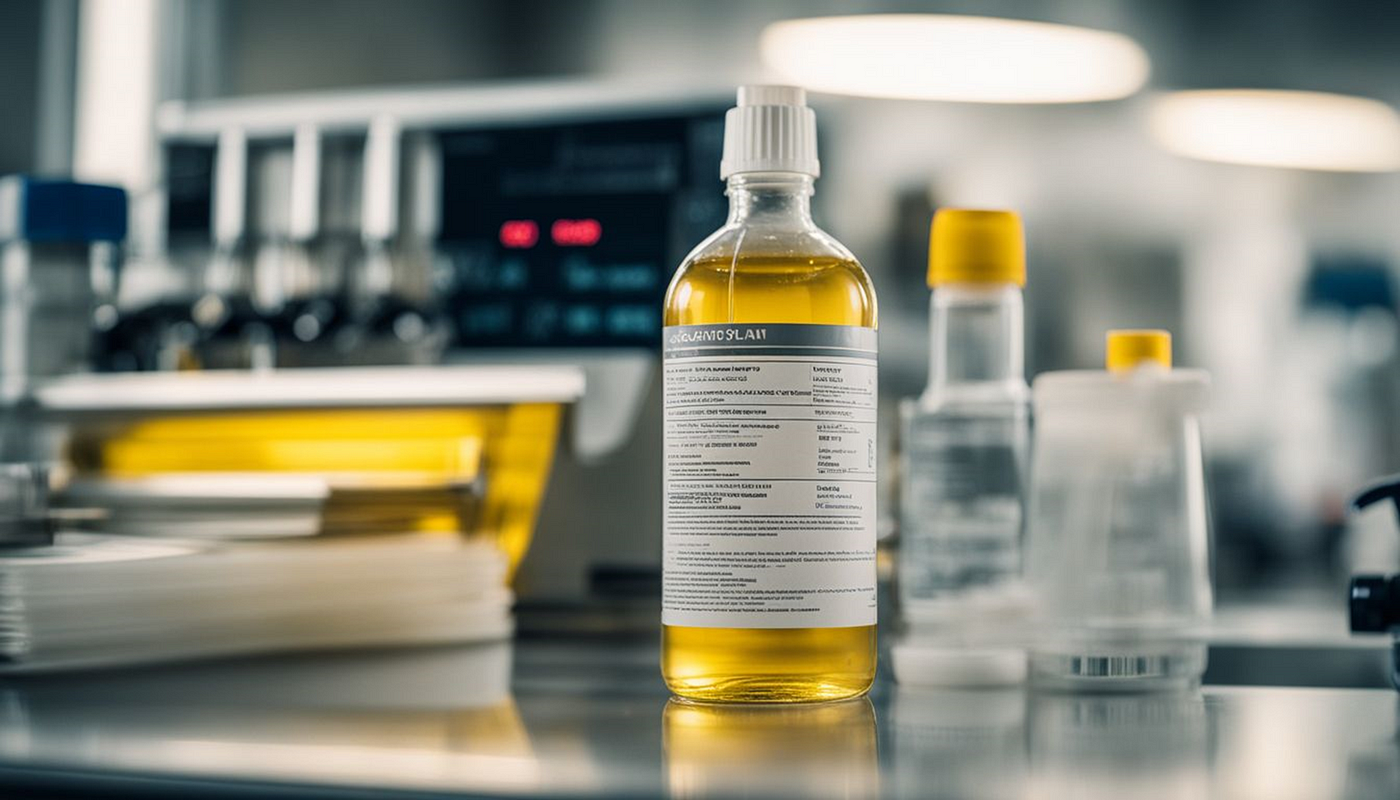The use of synthetic urine in drug testing has become a hotly debated issue, raising questions about its viability, lawfulness, and moral ramifications. To understand its role in this specific circumstance, it’s vital to reveal the truth behind fake urine to pass a drug test and its relationship with drug testing conventions.
Synthetic urine is a fabricated fluid that impersonates the substance, appearance, and temperature of genuine human urine. Synthetic urine is fundamentally showcased as an answer for people facing drug tests who try to hide the presence of unlawful substances in their framework.
One of the most important discussions about synthetic urine revolves around its legitimacy. While the sale and ownership of synthetic urine are by and large legitimate in many locales, its use to delude drug tests raises legal and moral concerns. Many drug testing offices have carried out severe measures to distinguish synthetic urine, such as testing for strange pH levels, explicit gravity, and the presence of synthetic markers. Subsequently, using synthetic urine to swindle a drug test can have serious consequences, including legal repercussions and job loss.

In spite of the dangers, proponents of synthetic urine contend that it fills in as a device for security assurance and individual independence. They assert that individuals should have the freedom to determine which substances are present in their bodies, especially in situations where drug testing is required for employment or other valid purposes. Moreover, a few argue that the unwavering quality and exactness of drug tests themselves can raise doubt, further legitimizing the use of synthetic urine for testing the legitimacy of such tests.
Critics of the best synthetic urine underscore the significance of maintaining the uprightness of drug testing systems. They argue that attempting to undermine drug tests sabotages the believability of testing projects and compromises public security, particularly in delicate ventures like transportation and medical care. Besides, they argue that the expansion of synthetic urine could encourage drug clients to abstain from looking for treatment or recovery, propagating substance misuse issues.
The utilization of synthetic urine in drug testing raises complex moral, legitimate, and useful contemplations. While it provides people with an expected method for dodging locations, its use is not without risks and consequences. Eventually, the truth behind synthetic urine and drug testing lies at the convergence of individual freedoms, public security, and the respectability of testing conventions.












